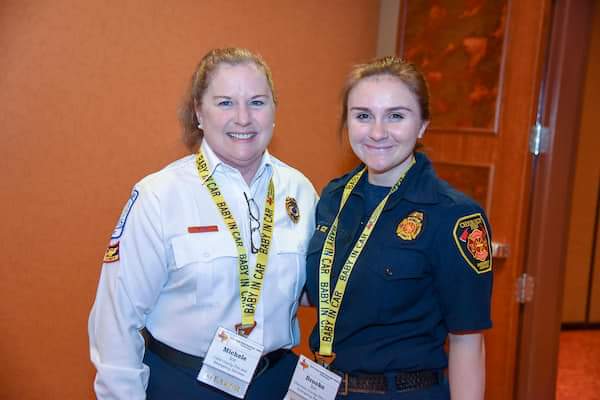The IAFF is welcoming a federal legislative initiative that addresses longstanding shortfalls in Canada’s airport firefighting regulations that needlessly jeopardize the safety of the flying public.
Private member’s motion M-96, introduced by B.C. Liberal MP Ken Hardie, asks the federal government to bring the Canadian Aviation Regulations (CARs) up to international standards for airport rescue and firefighting at Canada’s major airports.
The motion, which was debated in the House of Commons Thursday, cites IAFF advocacy on airport firefighting regulations and comes after delegates lobbied MPs on the issue at the 30th Canadian Legislative Conference earlier this year in Ottawa.
M-96 asks the government to amend the CARs to meet International Civil Aviation Organization (ICAO) standards, which specify rescue as a required function of airport fire fighters at Canada’s major airports, and that airport fire fighters should be resourced to reach all points on active runways in three minutes or less.
The CARs fail to specify rescue as a required function of airport fire fighters, and only require them to reach the midpoint of the furthest runway in three minutes. In the event of an aircraft emergency at most major airports in Canada, airport fire fighters are only required to hose down a path outside the wreckage in the hopes that passengers can rescue themselves or receive help from flight crews who have also been in the same accident.
At most major airports in Canada, if the rescue of trapped passengers is required, the airport relies on municipal fire fighters who may be 10 minutes or more, which is well beyond the time when conditions inside a downed aircraft would be lethal.
During the motion’s first hour of debate in the House of Commons Oct. 25, Hardie stated that the safety gaps in the Canadian Aviation Regulations have existed for decades, and noted that the IAFF had brought the issue to Parliament Hill again earlier this year during the 30th Canadian Legislative Conference. “This time, we in Parliament have an opportunity to close the gaps.” he said.
Speaking to M-96, Winnipeg-area Liberal MP Kevin Lamoureux agreed with the need to strengthen Canada’s airport firefighting regulations. “Our airports are economic engines, they provide so much to our communities and they need to be safe,” he said.
Bloc Québecois MP Jean-Denis Garon, also speaking in favour of M-96, called the gaps in Canada’s airport firefighting regulations “shocking” and agreed they need to be brought up to ICAO standards. Pointing to how personnel and training shortfalls affect public safety at Mirabel Airport in Montreal, he emphasized that reliance on municipal fire fighters to intervene is inadequate.
“Canadian airport firefighters can hose down a plane from the outside, but they are not allowed to go inside the plane. This is against the rules of the ICAO, which is headquartered in Montreal a few kilometres from our airports,” he said. “To be able to intervene in an aircraft, they need to have completed 333 hours of training. Municipal firefighters do not have this training, and they cannot get there in time. They lack the necessary resources.”
The NDP also indicated their support for the motion while the Conservative Party supports the intention of the Motion, citing the need for committee scrutiny.



